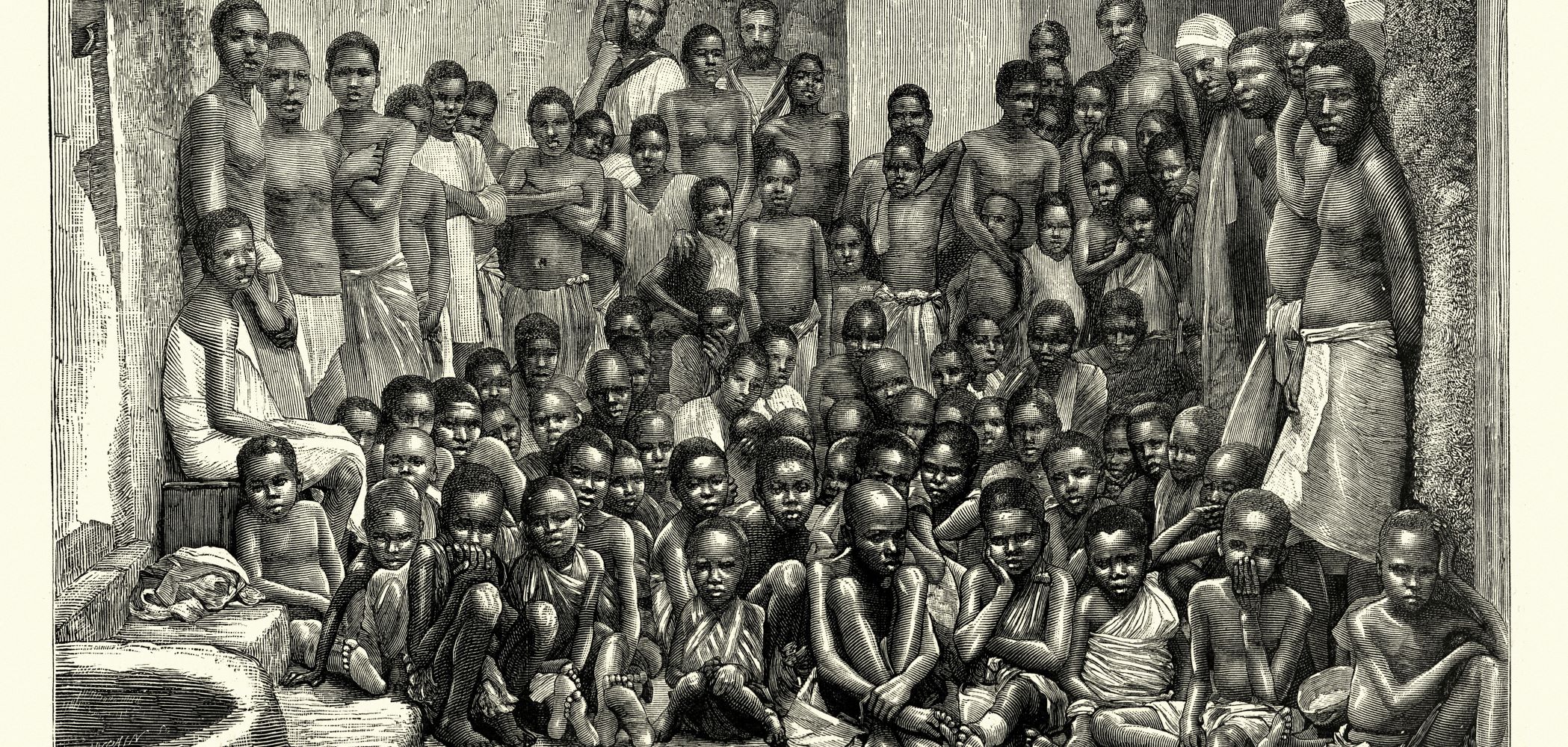Women rising up
A collective platform of women and women’s organisations in the UK launched this week to raise awareness of and campaign against the Turkish invasion of Afrin, an area of Northern Syria. The Women’s Initiative for Peace in Afrin UK, which uses the hashtag #womenriseupforafrin, aims to work with political parties, international and human rights organisations and trade unions to achieve peaceful solutions to the conflict.
There’s been little reporting in the UK of the Kurdish-led feminist revolution taking place in Afrin, part of the region of Rojava also known as the Democratic Federation of Northern Syria (DFNS), against which the Turkish army and affiliated jihadist gangs launched a war of aggression in January.
The women’s movement of Rojava – Kongreya Star – is part of a female global resistance against all forms of oppression, exploitation and killing of women and girls on account of their gender. It is organised on grassroots, directly democratic principles and puts racial inclusivity and equality and women’s rights front and centre.
It has been born amid the slaughter of hundreds of civilians by the Turkish army.
The women of Kongreya Star say the war being waged against the people of Afrin, which is a relatively peaceful region full of refugees from the Syrian civil war as well as a large Kurdish population, is a war on women, a direct attack on the women’s revolution and the leading role of women in the construction of democratic structures there.
Many of the refugee women and children have been subject to sexual violence by ISIS, while the many local Kurdish women have been key in the fight against the barbarism of the Jihadist group. Yet it is they who are now being targeted by the Turkish state.
Recently, a barbaric video emerged of Turkish state-backed fighters mutilating the body of Barîn Kobanê, cutting off her breasts and setting her body alight – an act that illustrates the woman-hating and inhumane nature of her attackers.
Although Turkey is a NATO ally, little pressure has been exerted by the West to withdraw from Afrin. Yet this cross-border invasion by the Turkish state, cynically labelled “Operation Olive Branch” (the olive tree is a symbol of peace, freedom, and fertility in the Middle East) is a violation of international law, the Women’s Initiative for Peace says.
It aims to actively engage the media to keep Afrin on the press agenda, to provide solidarity and support for the women’s resistance there and to exert pressure on western governments, including the UK government, to take urgent action to prevent civilian killings and other war crimes.
Its demands include:
- an immediate end to the attacks on Afrin
- humanitarian support for Afrin
- support for the democratic forces and peace efforts of the DFNS for a free, democratic Syria
Speaking at the House of Commons launch on Tuesday (March 6), the Kurdish women’s movement activist and writer Dilar Dirik said, “No revolution will be successful without solidarity. The Women’s Initiative for Peace in Afrin UK is a historic process. This is a historic moment. Jin, Jiyan, Azadi! (Women, Life, Freedom!).”
Siobhan Endean, Unite’s national officer for equalities, said, “Unite’s 2016 policy conference passed a motion in support of the Kurdish population in Turkey and the Middle East and we have increased our solidarity work with them since. Unite is working closely with the newly launched Women’s Initiative for Peace as part of that policy decision.”
Iraq – â€a societal setback’
Elsewhere in the Middle East, the Secretariat of Women’s Affairs working in the Iraqi Federation of Trade Unions said the Iraqi parliament’s attempts to pass a draft amendment to the Personal Status Law No 188 of 1959 was illegal and done despite the objections of parliamentary blocs and Iraqi street and civil society organisations.
The family or personal status law was passed after the 1958 revolution, the culmination of efforts by the Iraqi Women’s League and others. It was considered the best such law in the region, recognising only civil marriages, giving women the right to divorce their husbands, banning forced marriages and setting the age of consent at 18 (although a judge has the right to grant marriage for people at 15 years of age, but in restrictive circumstances).
The secretariat of women’s affairs says the amendment constitutes “a societal setback, a form of violence against women and a flagrant violation of human rights”. It said that leaving the amendment of the personal status law in the hands of different sects and religious representatives “enshrines the division that forces in the Iraqi authorities have always sought to make it a permanent reality”.
“The amendment, approved by the House of Representatives, comes at a time when the country is facing human rights abuses in particular the rights of women. Instead of addressing this serious deterioration in the human rights record and working to put an end to it, we find that the parliament ignored this.”
Although the amendment, which effectively gives people the right to marry in accordance with their religious convictions, was presented to the Iraqi parliament in November last year, it was passed back to a committee. It has not been reintroduced, but remains on the parliamentary agenda.
A number of British MPs have signed an Early Day Motion, which states the amendments will violate the UN Convention on the Rights of the Child.
The motion urges the British government to make strong representations to its Iraqi counterparts against any legislation that would weaken the rights of children and women in Iraq.
Help free Palestinian teen Ahed
At least 138 MPs from across the political party spectrum have signed early day motion 563 urging the UK government to urgently engage with their Israeli counterpart to end the widespread and systematic human rights violations suffered by Palestinian children in military custody.
Their initiative has taken on a new importance after Palestinian teenager Ahed Tamimi was detained by the Israeli authorities in December after being filmed slapping a soldier outside her home in Nabi Saleh in the Occupied West Bank.
Soon after the video of the then 16-year-old activist’s actions, which she says were in response to the shooting of her younger cousin, went viral, Israeli officers stormed the family home and arrested her. She has been detained in prison ever since.
Ahed comes from a village and family of activists against the occupation. Her mother Nariman Tamimi was arrested when she asked about her daughter at the local Israeli police station and her cousin was also detained. He claims an admission that his injuries were sustained in a bicycle incident was forced out of him by the police.
Ahed appeared before an Israeli military court in February to face 12 charges including of assault and incitement, each of which is punishable by up to 10 years in prison. The trial, under Israeli military law, has been adjourned until later this month.
The Palestine Solidarity Campaign (PSC) estimates there are 300 Palestinian children currently in Israeli prisons and that over 8000 have been arrested since 2000.
Please help to get Ahed Tamimi and the hundreds of other Palestinian children being held in Israeli jails released.
Want to help?
Write to your MP urging them to sign EDM 563.
And write also to the foreign secretary, Boris Johnson, asking him to make direct representations to the Israeli authorities.
 Like
Like Follow
Follow


